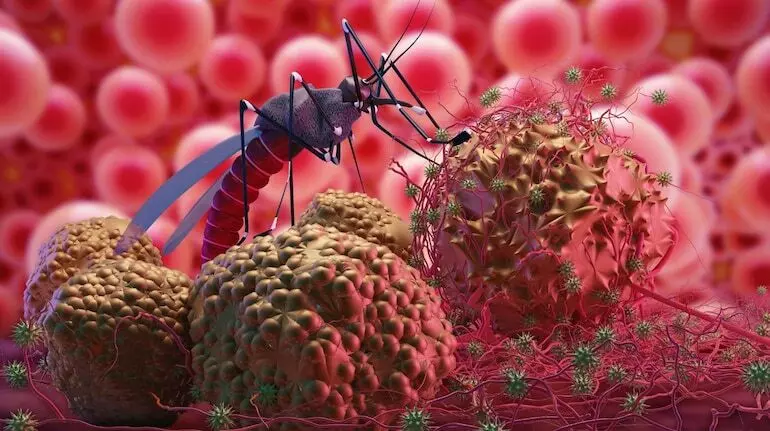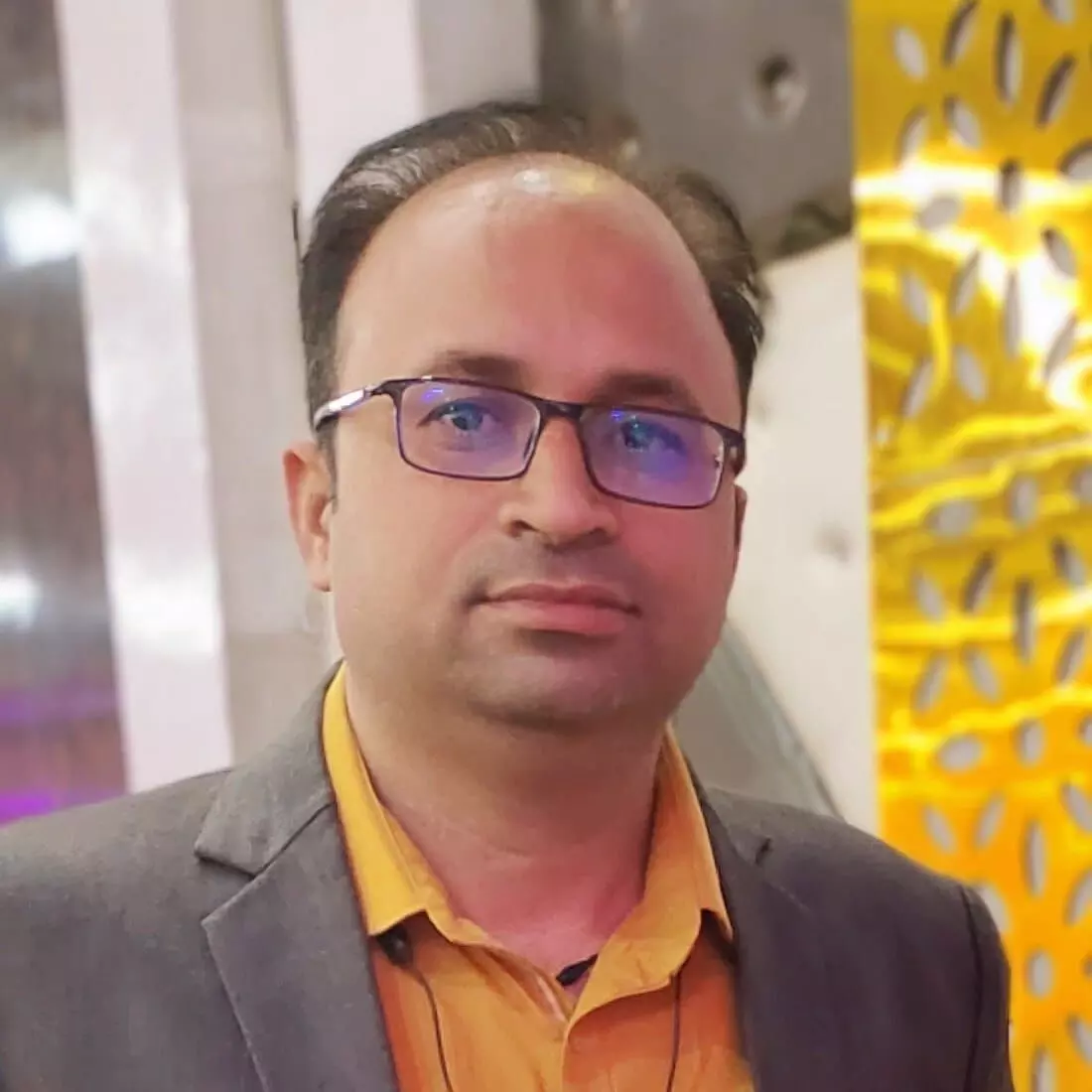Chandipura Virus Claims 15 Lives in India, Gujarat on High Alert

On Wednesday, July 17, Pune's National Institute of Virology (NIV) confirmed that a 4-year-old girl in Gujarat died due to Chandipura virus. The death toll due to this virus has now risen to 15. So far, a total of 29 cases have been reported from about a dozen districts. Of these, 26 are from Gujarat, 2 from Rajasthan and one case is from Madhya Pradesh. Of those who died due to this virus, 13 are from Gujarat, while one each is from neighboring states Rajasthan and Madhya Pradesh.
Seeing the continuous increase in the number of cases, the Gujarat government has become active. More than 50,000 people have been screened in suspected areas. All district and rural hospitals have been asked to send samples of suspected cases to the NIV Center. A special team has also been formed for the study and prevention of Chandipura virus.
This is a vector disease (disease spread by mosquitoes and insects) and is quite fatal. It is more dangerous for small children. Due to its infection, swelling starts increasing in the head, which turns into a neurological condition. A little delay or negligence in investigation and treatment can cause death.
The name Chandipura virus may sound new, but it is not so. Its first case was reported in 1965 in Chandipura, a village in Maharashtra. That is why it was named Chandipura.
Cases of this virus are registered almost every year in Gujarat. However, this time the cases are increasing rapidly. Therefore it has come into discussion again. This virus is related to baculovirus. This means that it spreads through the bite of vectors like mosquitoes, ticks and sand flies.
There is no specific antiviral treatment available for Chandipura virus. Since it is a fatal disease and its symptoms can worsen rapidly. Therefore it is important that it can be detected on time in the investigation and proper care is taken during treatment.
According to a study published in The Lancet in 2003, the most dangerous aspect of Chandipura virus is its death rate. When it spread rapidly in central India in 2003-2004, the fatality rate was 56-75%. This means that more than half of the people infected with Chandipura virus die. Young children are more affected because their brains are not able to withstand acute inflammation.
What are the symptoms of Chandipura virus
There is a risk of encephalitis due to its infection. This means that the brain tissues start swelling or burning due to virus infection. Usually high fever is its initial symptom. See all its symptoms in the graphic.
Chandipura virus is more dangerous because its symptoms come on suddenly and worsen rapidly. If proper treatment and care is not given on time, it can become fatal. This is the reason why people are being made more aware about it in the villages of Gujarat.
What are the measures to prevent infection of Chandipura virus?
Maintain hygiene: Wash hands regularly with soap and water. If you have come in contact with a potentially infected environment or animals, take special care of cleanliness.
Protection from animals: Chandipura virus can also spread in wild and domestic animals. Insects and mosquitoes living around their living place can become carriers of infection. Therefore, whenever you go around animals, wear full-sleeved clothes.
Personal protection is important: Wear necessary protective items like gloves and masks while handling potentially infected animals. This can reduce the risk of infection.
Vector control is important: Insects and mosquitoes have a high role in spreading this virus. Therefore, to reduce the risk, insect repellent and mosquito nets should be used.
Keep immunity strong: Eat a diet rich in fruits and vegetables. Try to include more fruits and vegetables rich in vitamin C in it. Exercise daily. Drink 7 to 8 glasses of water daily. This will keep your immunity strong and reduce the risk of infection.
What is the treatment for Chandipura virus?
There is no vaccine or antiviral treatment available for Chandipura virus yet. It is treated by looking at the symptoms of the patient. It is very important to detect and treat its infection as soon as possible, so that its fatal effects can be avoided.
Get admitted to hospital: If a person is showing symptoms of Chandipura virus, take him to the hospital immediately as its symptoms can worsen rapidly. Consult a doctor and get him admitted to the hospital if necessary. The patient can recover easily by getting proper treatment on time.
Give fever reducing medicine: Due to infection of this virus, fever increases rapidly. It affects the brain. Therefore, it is important to give fever reducing medicine before reaching the hospital.
Hydration is important: Chandipura virus can cause vomiting and diarrhea, which can cause dehydration. This can lead to a serious situation. Therefore, keep giving ORS solution and after reaching the hospital, consult the doctor for other remedies as well.
